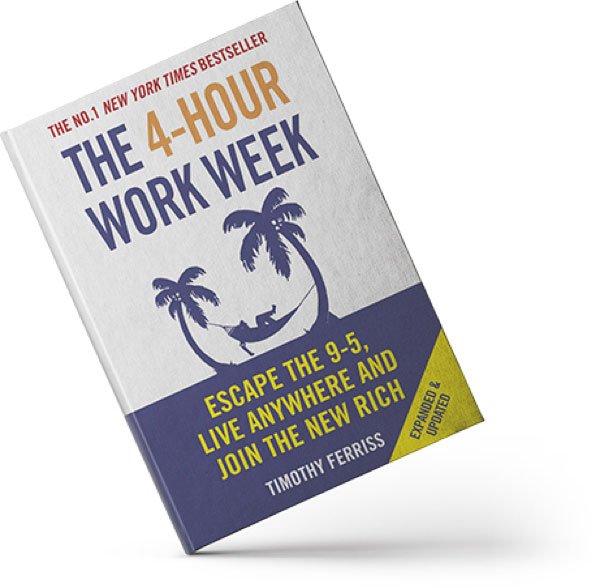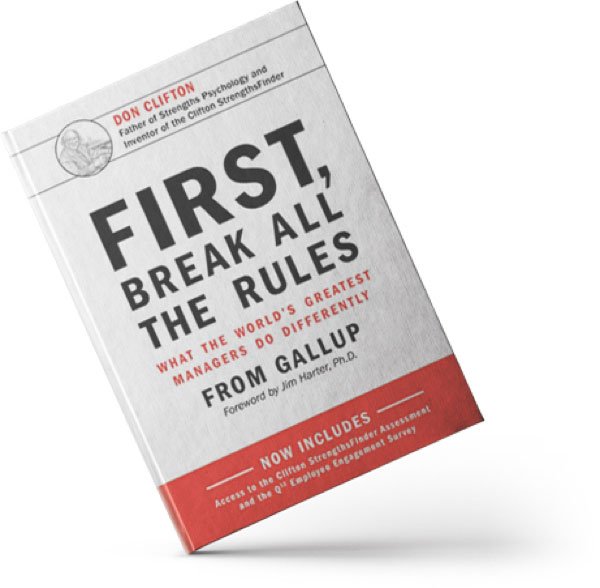As Jeremy Hunt stepped up to deliver his much-anticipated Autumn Statement to the House of Commons, he did so against a backdrop of division in the UK. How well could the government’s new tax and spending plans patch things up?
Labour said no matter what Hunt announced, nothing could change the Conservatives’ “appalling record” on the economy. In predictably contrary fashion, Hunt said the government’s economic plans are working, “but the work is not done.”
So, as the Chancellor set about his work, unveiling what he called an “Autumn Statement for growth”, our team set about theirs, sifting through all the key updates to bring you this summary below.
For some, heart-warming news. For others, a stone-cold damp squib. To get the finer detail beyond these headlines, scroll down to read our full Autumn Statement summary.
Autumn Statement 2023 HIGHLIGHTS FOR BUSINESSES
- Capital allowances “full expensing”, a tax break that allows businesses to claim back 25p in corporation tax for every £1 they invest in IT, plant and machinery has been made permanent. This was originally announced to last for 3 years to 31 March 2026.
- The merging of the RDEC and SME R&D regimes has been confirmed for accounting periods starting on or after 1 April 2024, with a headline rate of 20%.
- Financial incentives for Investment Zones and tax reliefs for Freeports have been extended from 5 to 10 years. New Investment Zones have been announced which will include both the East and West Midlands.
- Technical Consultations to commence in 2024 to simplify Plant & Machinery Allowances and to extend First Year Allowances to leased plant and equipment. The latter will be welcomed by companies within the construction sector.
- EIS and VCT sunset clause extended until April 2035.
- The 75% discount on business rates up to £110,000 for retail, hospitality and leisure businesses has been extended for another year.
- The small businesses rates multiplier will be frozen for a year.
- Alcohol duty has been frozen until 1 August 2024, while tobacco duty has been put up by 10%.
- The zero rate VAT relief on women’s sanitary products will be extended to include reusable period underwear from 1 January 2024.
- The VAT relief available on the installation of energy-saving materials will be extended to additional technologies, and widening the type of residential buildings to which the relief attaches from February 2024.
- Legislation will be introduced to increase the rate of plastic packaging tax in line with CPI. The change will take effect from 1 April 2024.
- Legislation will be introduced in the Autumn Finance Bill 2023 to clarify how VAT and excise law should be interpreted moving forward, with the purpose of ensuring that UK VAT and excise legislation is interpreted as parliament intended under UK law.
- The government will shortly publish a consultation on proposals to bring remote gambling (meaning gambling offered over the internet, telephone, TV and radio) into a single tax, rather than taxing it through a three-tax structure.
- Employers of veterans will see National Insurance relief extended for one year from April 2024.
The government has pledged funding of £50m over the next two years to pilot ways to increase the number of apprentices in engineering and other key “growth” sectors. - The Chancellor has announced a £320 million plan to drive innovation and unlock the first tranche of investment from his Mansion House Reforms, which include initiatives to consolidate the defined contribution and defined benefit pensions sectors, and to encourage greater investment by pension funds in UK companies.
- Legislation will be introduced in the Autumn Finance Bill 2023 to enable HMRC to reduce the PAYE liability of a “deemed employer” to offset taxes paid directly by a worker and their intermediary on payments received where an error has been made in applying the off-payroll (IR35) working rules.
- Legislation requiring employers, company directors, and the self-employed to provide new or improved data to HMRC will be enacted to enable better outcomes for citizens and businesses. These changes will take effect from the tax year 2025-26.
HIGHLIGHTS FOR INDIVIDUALS
- The main National Insurance rate for employees will be cut from 12% to 10% from 6 January 2024.
- From 6 April 2024, self-employed people will no longer have to pay Class 2 National Insurance and the main rate of Class 4 National Insurance falls from 9% to 8%.
- Income tax rates and thresholds remain frozen.
- The pensions Lifetime Allowance is being abolished from 6 April 2024 as previously announced. The maximum tax-free lump sum will be 25% of the present lifetime allowance – so £268,275. This will be different where protections apply.
- State pension to increase by 8.5% from April 2024 to £221.20 a week.
- The national living wage will rise to £11.44 an hour in April 2024 (previously £10.42).
- Universal credit and disability benefits will increase by 6.7%, in line with September’s inflation rate.
LOOKING FOR MORE DETAIL?
Click the image below to read our full Autumn Statement summary.




















